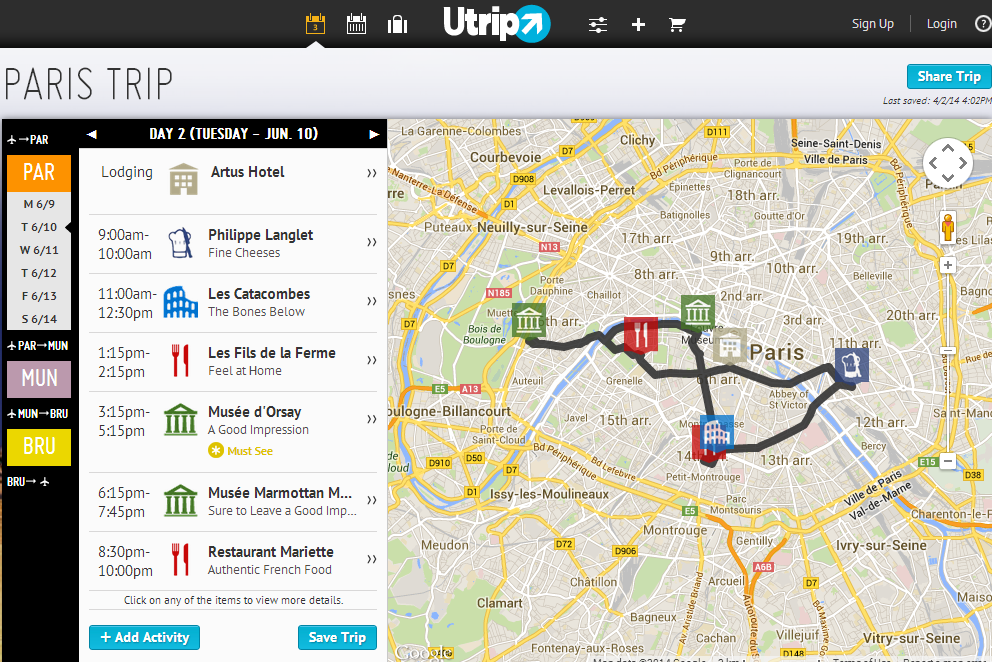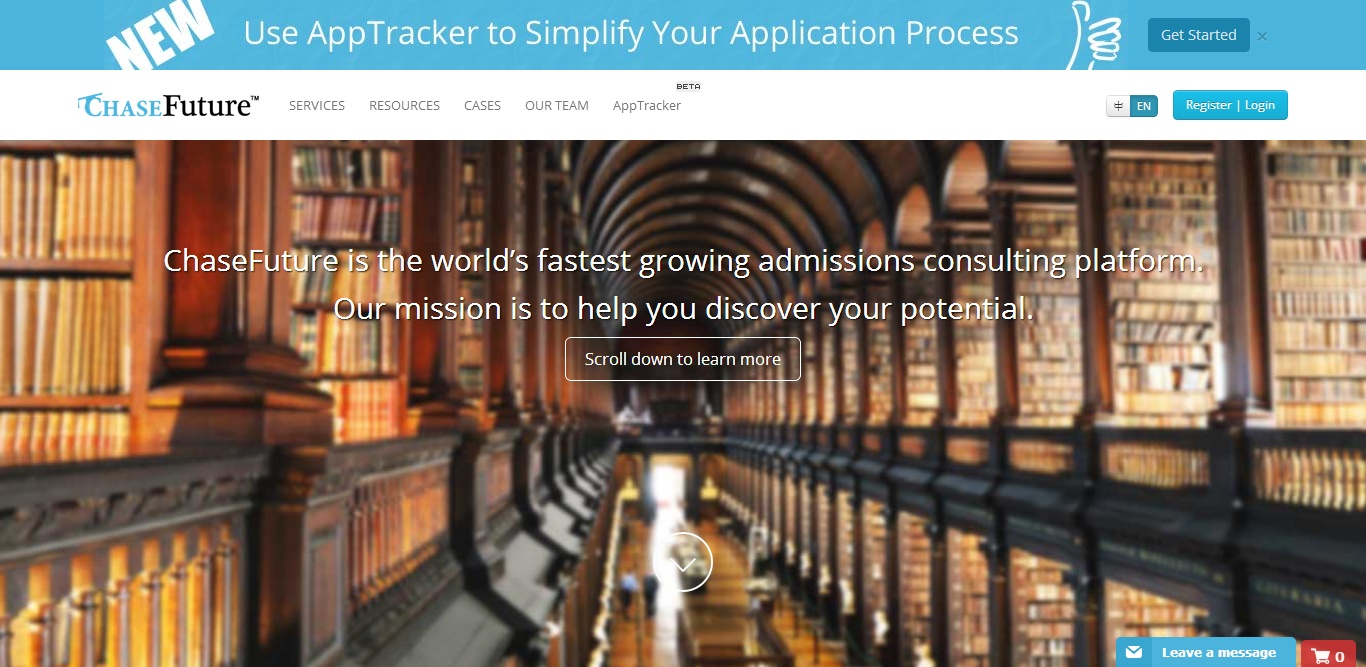 A Q&A with Utrip founder and CEO Gilad Berenstein. The Seattle-based startup, which offers a travel planner that utilizes predictive technology to help travelers complete itineraries, today announced the completion of a $750,000 Seed funding round. Investors include Matthew Upchurch, CEO of luxury travel network Virtuoso, and CB Alliance. It was founded in 2011 and previously raised $400,000 in initial Seed funding back in 2012.
A Q&A with Utrip founder and CEO Gilad Berenstein. The Seattle-based startup, which offers a travel planner that utilizes predictive technology to help travelers complete itineraries, today announced the completion of a $750,000 Seed funding round. Investors include Matthew Upchurch, CEO of luxury travel network Virtuoso, and CB Alliance. It was founded in 2011 and previously raised $400,000 in initial Seed funding back in 2012.
SUB: Please describe Utrip and your primary innovation.
Berenstein: Utrip is a travel planning site that uses artificial intelligence and human expertise to help travelers create their perfect trip quickly. We start with a vast travel database that has been curated by local experts. Utrip’s predictive technology then uses travelers’ interests and budget to sort through millions of options, including must-see sites, activities, events, and restaurant recommendations to deliver personalized itineraries in minutes.
SUB: Who are your target markets and users?
Berenstein: Today we focus on travelers to Europe. According to the UNWTO, 563 million people traveled to Europe last year, and we want to help them plan better trips. A majority of our users are from the United States, but we are seeing increased traffic from Europe and Asia.
SUB: Who do you consider to be your competition, and what differentiates Utrip from the competition?
Berenstein: Competitors seem to come in a few distinct models—review sites, social sourcing sites, or pre-packaged itinerary sites.
At Utrip, an itinerary is dynamically created just for you. Our predictive technology does the finding and sorting for you. We fundamentally believe that your itinerary should reflect what you want to experience, not what your friends or other travelers have experienced.
SUB: Today you announced your launch out of beta and the closing of a $750,000 Seed funding round. Why was this a particularly good time to raise outside funding?
Berenstein: The timing has more to do with the fact that recent advances in artificial intelligence have made a big impact on travel planning. Last November, PhoCusWright, a travel research firm, predicted that curated content and personalization would be big trends in travel. Utrip, with its focus of applying artificial intelligence to travel planning, has already spent two years honing our technology in these areas.
SUB: How do you plan to use the funds, and do you have plans to seek additional outside funding in the near future?
Berenstein: We are funding several key initiatives, including expansion and hiring. We are looking forward to making more announcements about our plans very soon.
SUB: What was the inspiration behind the idea for Utrip? Was there an ‘aha’ moment, or was the idea more gradual in developing?
Berenstein: After graduate school, I planned a trip to Europe and spent untold hours researching and putting together my trip. Once there, I had a blast, but I realized some of the information I had was outdated or just wrong.
One night, I met a Roman chef, who took me to an exquisite little restaurant for dinner, a place I didn’t find in all my research. I wondered if there was a way to get this local knowledge into the planning process from the start.
I realized there had to be a better way to plan the perfect trip. Upon returning to Seattle, I founded Utrip with the goal of getting local expertise into the planning process, bringing artificial intelligence into the decision-making process, and bottom line, helping travelers more easily create their perfect trips.
SUB: What were the first steps you took in establishing the company?
Berenstein: I started by thinking through the user experience. What output would be most valuable to a traveler? What questions should we ask to get there? I consulted with University of Washington behavior psychologists to learn what interests and characteristics are most important to travelers and how trip planners make decisions. I worked with artificial intelligence leaders to create sophisticated algorithms which would take users’ inputs and other critical factors into sorting through the millions of options and create customized itineraries for each traveler.
SUB: How did you come up with the name? What is the story or meaning behind it?
Berenstein: We wanted a name that made it clear that that our mission was using your personal interests to create the perfect trip for you, so ‘Utrip’ just worked with our vision. It wasn’t easy to get Utrip.com, but that’s a different story.
SUB: What have the most significant challenges been so far to building the company?
Berenstein: As with most startups, narrowing our scope was tough. Our goal is to help travelers plan trips to any destination, but we decided to start with Europe. We currently have 28 destinations in Europe.
SUB: How do you generate revenue or plan to generate revenue?
Berenstein: Our revenue model is based on referral fees. When a traveler plans a trip on Utrip, they can book their lodging with one of our travel partners, Expedia and Hostels.com. In the future, travelers will be able to book more of their activities and other add-ons through our site.
SUB: What are your goals for Utrip over the next year or so?
Berenstein: To continue on our mission of becoming your guide to the perfect trip. We have a lot of new things in development right now, but we aren’t quite ready to reveal them just yet. Stay tuned.














